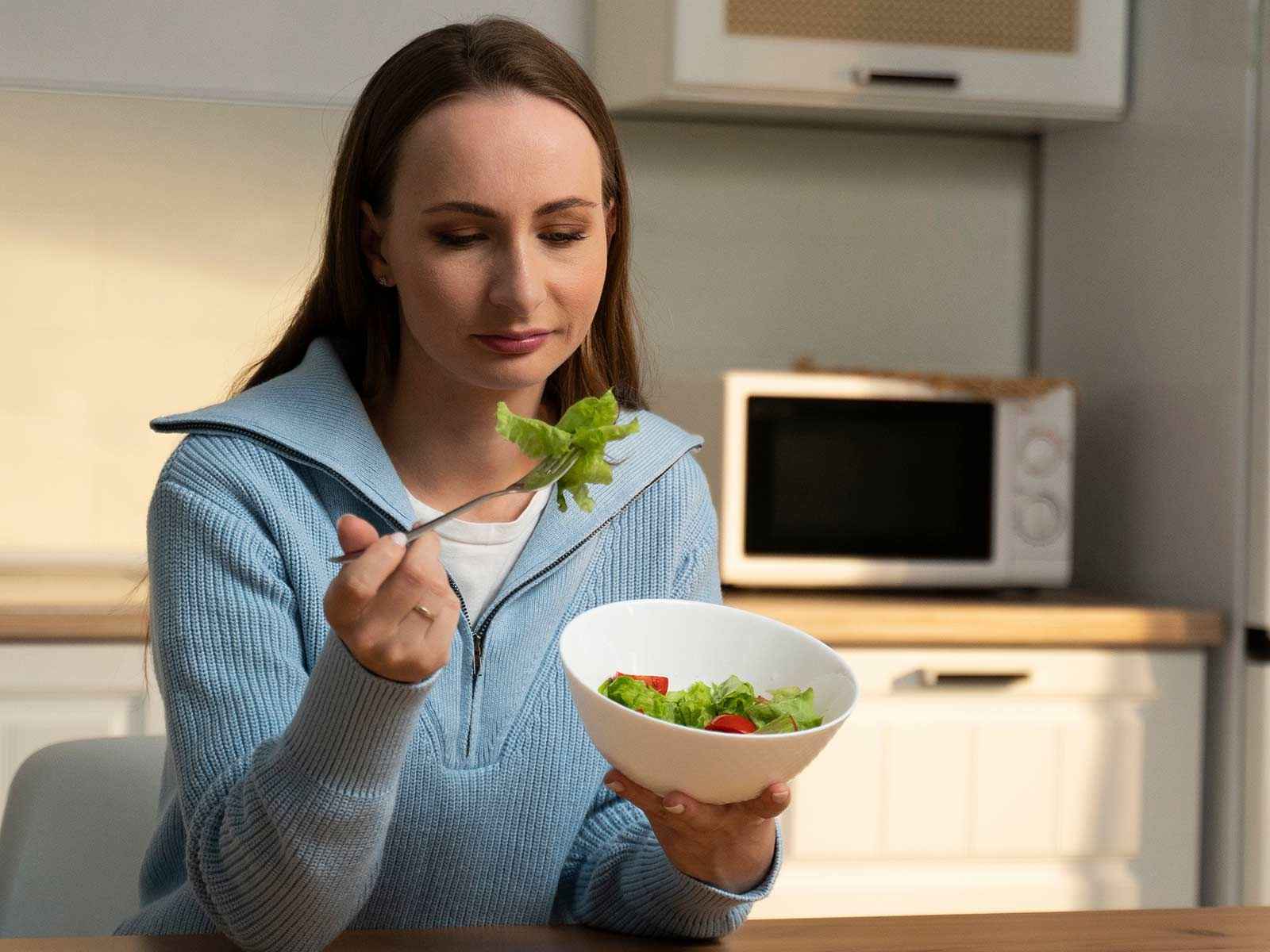
Hypertension, also called high blood pressure, happens when the force of blood against your artery walls is too strong. Over time, it can lead to heart attacks, strokes, or kidney damage. At GastroDoxs in Cypress, we help you understand your condition, manage your numbers, and improve your health.
Most people with high blood pressure don't notice symptoms right away. But when they appear, you may experience:
Several lifestyle and health factors can raise your blood pressure:
At GastroDoxs in Cypress, we combine expert hypertension management with patient-centered care. From personalized lifestyle plans and cutting-edge medications to regular follow-ups and education, our team is dedicated to keeping your blood pressure in a healthy range. Book your appointment today and let us partner with you on the path to better heart health and overall well-being.
We've successfully treated more than 384 patients, helping individuals improve their digestive health and overall well-being through expert, personalized care.
With over 20 years of experience, GastroDoxs has been a trusted provider of gastroenterology care, focusing on delivering the best outcomes for patients
High blood pressure can result from a combination of factors, including genetics or family history, an unhealthy diet high in salt, lack of regular exercise, smoking or heavy alcohol use, chronic stress or poor sleep, kidney disease or hormonal imbalances, and natural aging that stiffens blood vessels.
Yes. Sudden spikes or consistently high blood pressure can lead to headaches, often described as a throbbing sensation at the temples or back of the head.
It can. Poorly controlled hypertension may reduce blood flow to the brain and other organs, leading to fatigue, low energy, and a general feeling of sluggishness.
Supplements like fish oil, magnesium, and CoQ10 are commonly used to support healthy blood pressure. Always consult your doctor before starting any new supplement regimen.
The primary ICD-10 codes for hypertensive emergencies are I16.0 (Hypertensive urgency), I16.1 (Hypertensive emergency with heart involvement), and I16.9 (Hypertensive emergency, unspecified).
Uncontrolled essential hypertension is typically coded as I10, often accompanied by additional clinical notes or modifiers to indicate severity or associated complications.
With early detection and proper treatment-including lifestyle changes and medication-the outlook for stage 2 hypertension improves significantly. Without intervention, risks of heart attack, stroke, and kidney damage increase.
To obtain a VA rating for hypertension, you need thorough medical records documenting your diagnosis, evidence of ongoing elevated blood pressure readings, and any related treatment or hospitalization details.
Certain cold remedies-especially those containing decongestants-can raise blood pressure. Always check with your healthcare provider before using over-the-counter cold medications.
A comprehensive care plan addresses heart-healthy diet and reduced salt intake, regular physical activity, stress management techniques, prescribed medications, routine blood pressure monitoring, and scheduled follow-up visits to track progress and adjust treatment.